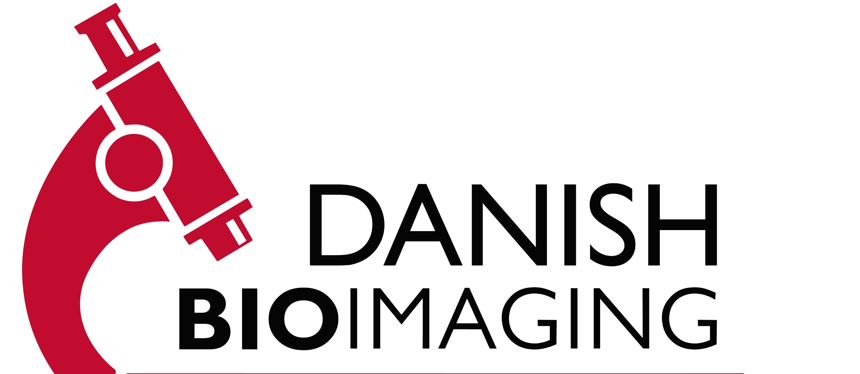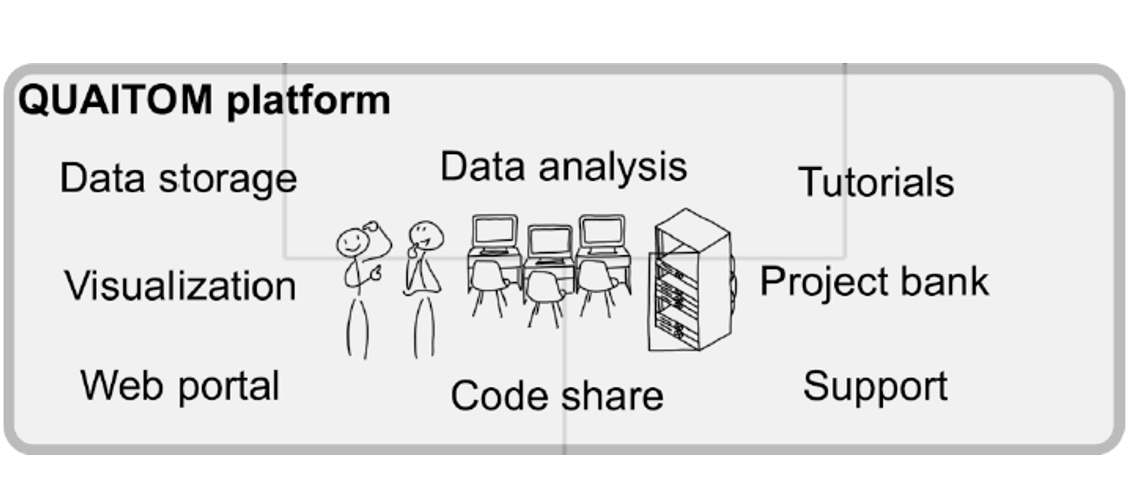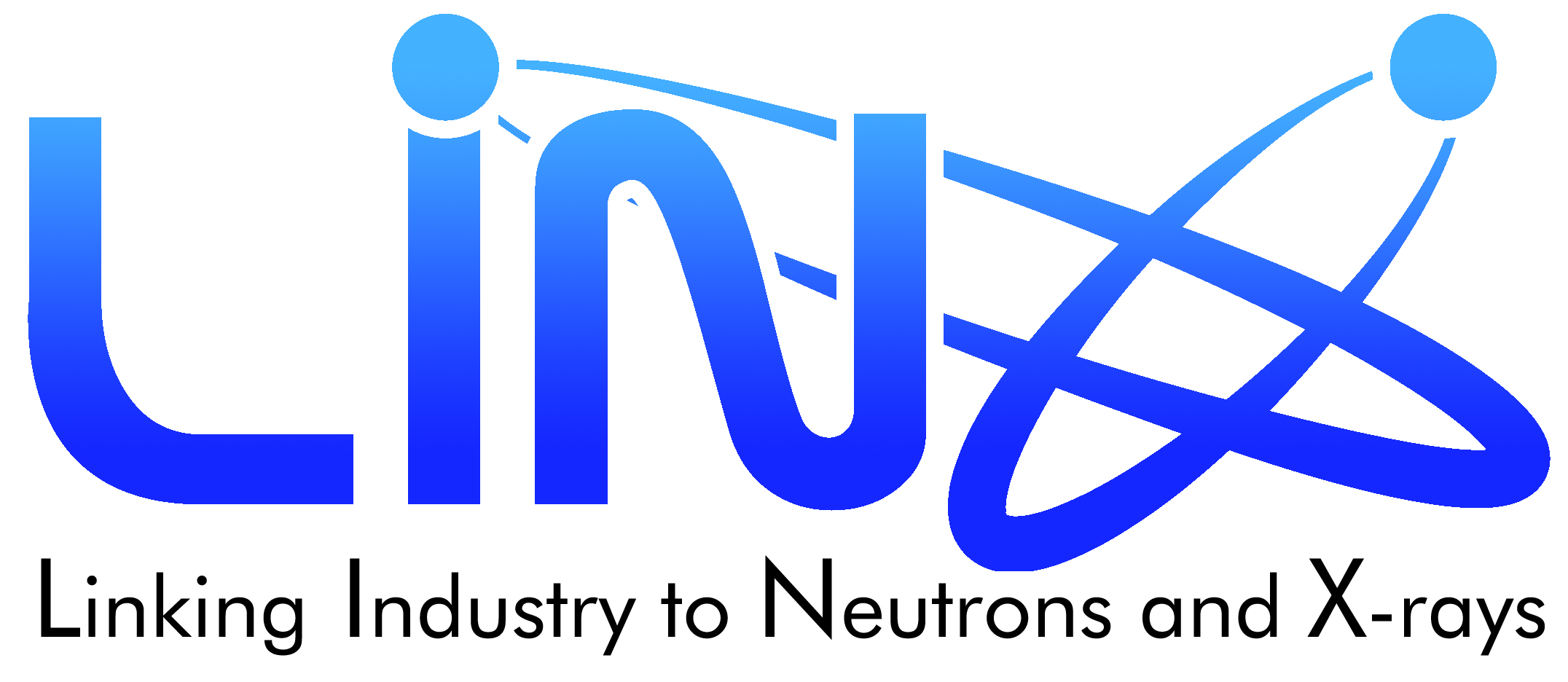Project Description
QIM is part of the Roadmap Infrastructure grant to Danish BioImaging – 49,7M DKK
Denmark is home to world-leading life scientists and pharmaceutical companies, which are key players in the country’s economy and development. Bioimaging technologies have become essential research tools for life scientists, but in some cases too technically complex and expensive for individual research groups and companies.
In 2020 DBI applied to get on the national roadmap for research infrastructure and was successful. In 2022 the success was followed up by the Ministry’s decision to fund the proposal.
Now the work has begun to make DBI a distributed and multimodal national research infrastructure, ensuring that all life scientists in Denmark have open access to the bioimaging technologies they need to boost excellence in research, education, and innovation. As a multi-node network, where each node has defined expertise within pre-clinical molecular imaging, electron and light microscopy, or image analysis, DBI will support scientists through one web portal (www.danishbioimaging.dk). DBI will ensure that investments in bioimaging infrastructures in Denmark are cost-effective and long-term sustainable.
The DBI infrastructure includes seven facilities; two at the university of Copenhagen (Center for Advanced Bioimaging (CAB) and Core Facility for Integrated Microscopy (CFIM)), two at the Technical
University of Denmark (Translational Imaging Center (TIC) & Center for Quantification of Imaging Data (QIM)), one at the University of Aarhus (Health Bioimaging Core facility), one at the University of Southern Denmark (Danish Molecular Biomedical Imaging Center (DaMBIC) and one at the Danish Cancer Society Research Center (DCRC).
In 2021, DBI also became a node in EuroBioimaging and will act as a gateway to connect scientists to other international infrastructures.
Read more about the Roadmap here (in Danish)



